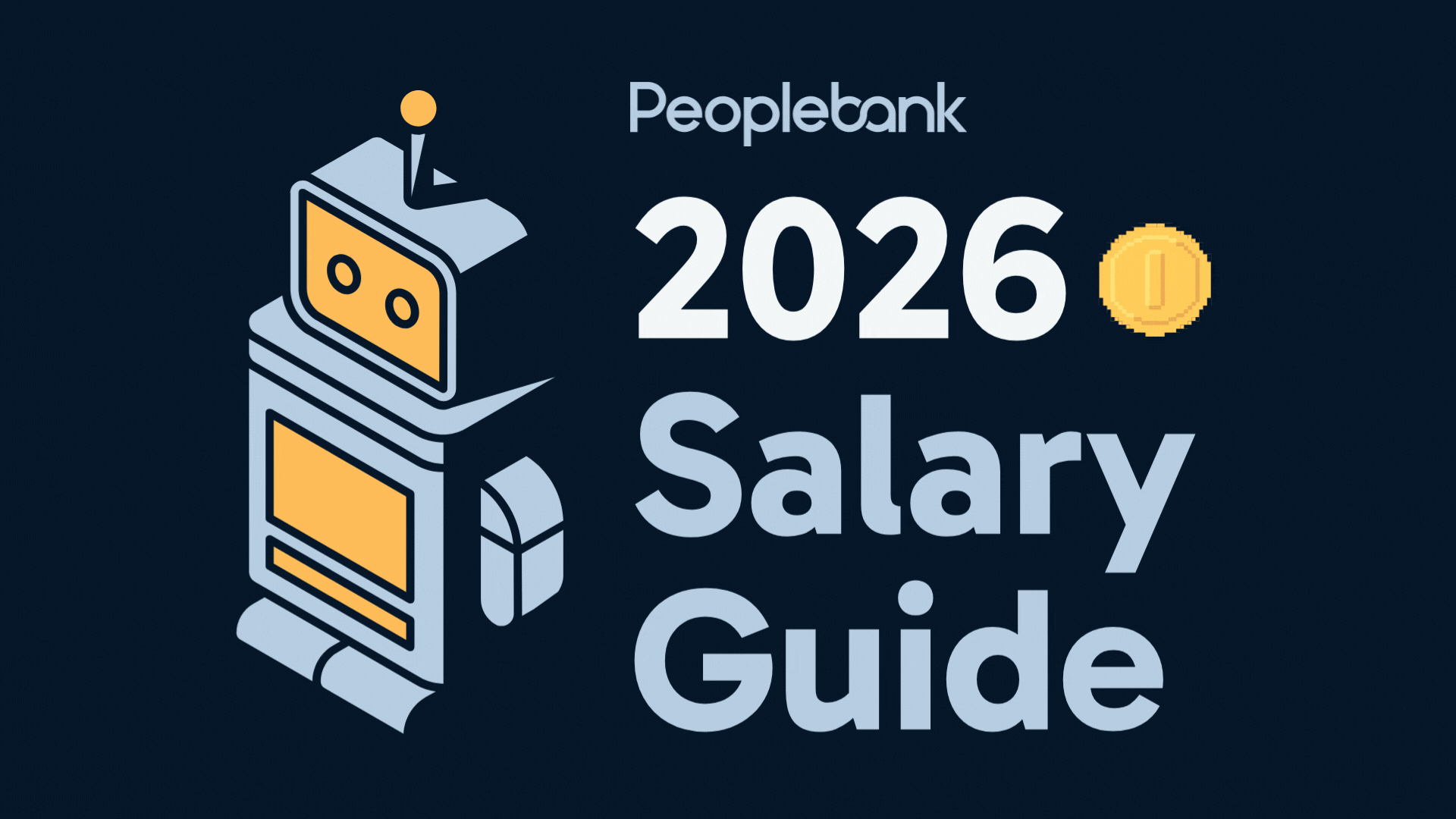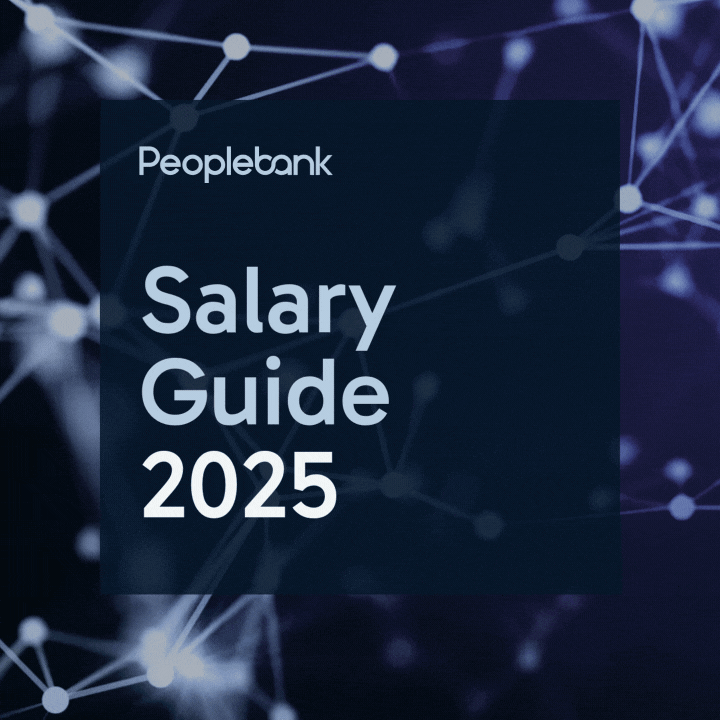Exploring the ways neurodiversity can bring new perspectives and skills to a company’s workplace
Neurodiversity refers to the differing ways in which individuals respond to, interact with, and experience the world around them. It describes the way in which people learn, think, and process information. While the term ‘neurodiversity’ refers to all people, it is often used in the context of describing Autism Spectrum Disorders (ASD), as well as other neurological and developmental conditions includingAttention Deficit Hyperactivity Disorder (AHDH), Tourette’s Syndrome, dyslexia, dysphasia, and more.
The Australian Bureau of Statistics estimates that 12% of the population is neurodiverse but are often underrepresented in the workforce. With the continued movement towards diversity, equity, inclusion and belonging (DEIB) for many businesses globally, it is important for companies to be aware of the impact neurodiversity can have on their workplace. Organisations who embrace neurodiversity foster a culture that supports and values their employees’differences, which can contribute to a more inclusive and productive work environment.
Research has shown that neurodiversity brings unique perspectives and strengths to the table. Individuals with autism, for example, have been found to excel in tasks that require a high attention to detail, pattern recognition, and analytical thinking. By welcoming and harnessing these abilities, companies can tap into a new source of talent and innovation. However, accommodating neurodiversity requires a deeper understanding and acceptance of different ways of thinking and problem-solving. More and more businesses arerealising that embracing neurodiversity not only benefits individuals with neurological differences, but also brings advantages to their workplace operations.
Benefits of neurodiversity in the workplace
Different perspectives, backgrounds, and ways of approaching tasks can fuel a workplace's creativity and productivity. Neurodiversity is one aspect of diversity that has been gaining attention in recent years. Some of the benefits associated with a neurodiverse workforce include:
- Problem-solving and critical thinking: Neurodiverse individuals tend to think outside the box and offer creative, unorthodox solutions to complex problems.
- Adaptability and flexibility: Neurodiverse individuals often bring a unique ability to adjust quickly and easily when there are changes in the workplace environment. This enables them to remain productive even when faced with difficult or unexpected situations.
- Empathy and compassion: Neurodiverse individuals often have an innate empathy for others that can be beneficial in any business. They may also be capable of understanding a wider range of perspectives, and this can lead to better collaboration within teams or departments.
- Diversity and inclusion: Neurodiversity is a form of diversity that has largely been overlooked by companies until recently. By recognising and supporting neurodiversity in the workplace, companies can create an inclusive culture where everyone feels valued and respected, regardless of their abilities or disabilities.
Steps to creating an inclusive environment for neurodiverse employees
Creating an inclusive workplace is essential for ensuring that all employees feel valued and supported. However, creating an inclusive environment for neurodiverse employees requires a specific set of considerations and actions including:
- Provide training and education to leaders and team members to educate all staff on the basics of neurodiversity. Leaders and supervisors should receive additional education to better help them understand how to understand and accommodate the needs of neurodiverse individuals.
- Foster open communication and encourage open dialogue between team members about acceptance and understanding so that everyone is comfortable speaking up about what they need.
- Establish clear policies to ensure all team members are aware of their rights and obligations when it comes to neurodiversity issues. For example, provide guidance on reasonable accommodations for people who are neurodiverse, and clear guidelines for addressing harassment and discrimination.
- Treat each person as an individual and understand the unique challenges and needs of each employee. Talk to your neurodiverse team members directly to ensure you can make accommodations to suit their needs. This could include distraction free workspaces, remote work, noise-cancelling headphones, and coaching.
- Check-in and monitor the progress of your team members. Ask for feedback on their experiences and assess the effectiveness of the work environment towards inclusivity.
Steps business can take toward breaking down the barriers to employment for neurodiverse individuals
Creating a diverse and inclusive workplace is vital for any business looking to succeed in the long term. There are various steps companies can take to ensure they are providing equal opportunity for all potential employees, including:
- Develop policies around DEIB and review them regularly to ensure that you are complying with your business goals
- Ensure your job postings and descriptions are free from any language which could be seen as discriminatory or exclusive
- Make sure that you have a clear process for recruiting and interviewing candidates, which includes reviewing their qualifications objectively and free from bias
- Offer diversity training for new hires so they understand the importance of creating an inclusive workplace culture
- Take proactive steps to reach out to minority communities when hiring
- Implement mentorship programs within your business that pair experienced employees with those who may need additional support navigating the workplace
Ultimately, neurodiversity is an invaluable asset to any business. People with diverse minds can bring a wealth of knowledge, unique beliefs, and skillsets that help to make companies more innovative, successful, and inclusive. From promoting the rights of employees who identify as having neurodiverse conditions to creating recruitment initiatives that involve considering this group of individuals' skills and qualifications - it's essential to consider ways to incorporate these different perspectives into your company infrastructure.
If you are looking for help in developing strategies on how to benefit from incorporating neurodiversity into your company’s operations, contact the Peoplebank team for a confidential chat about your business needs.
With diversity, equity, inclusion and belonging as one of our core values, our specialist team is sure to find right person for your business.






















